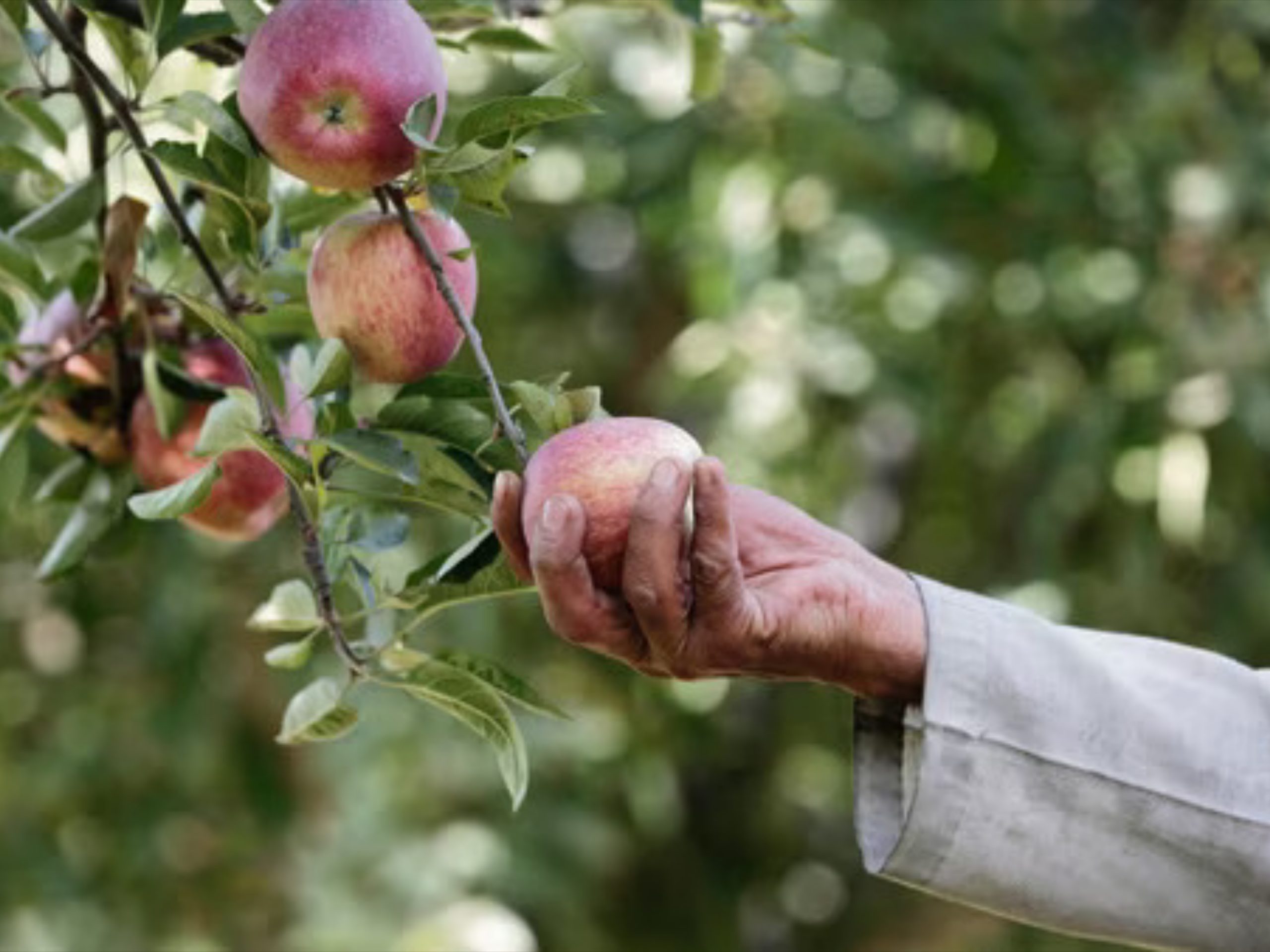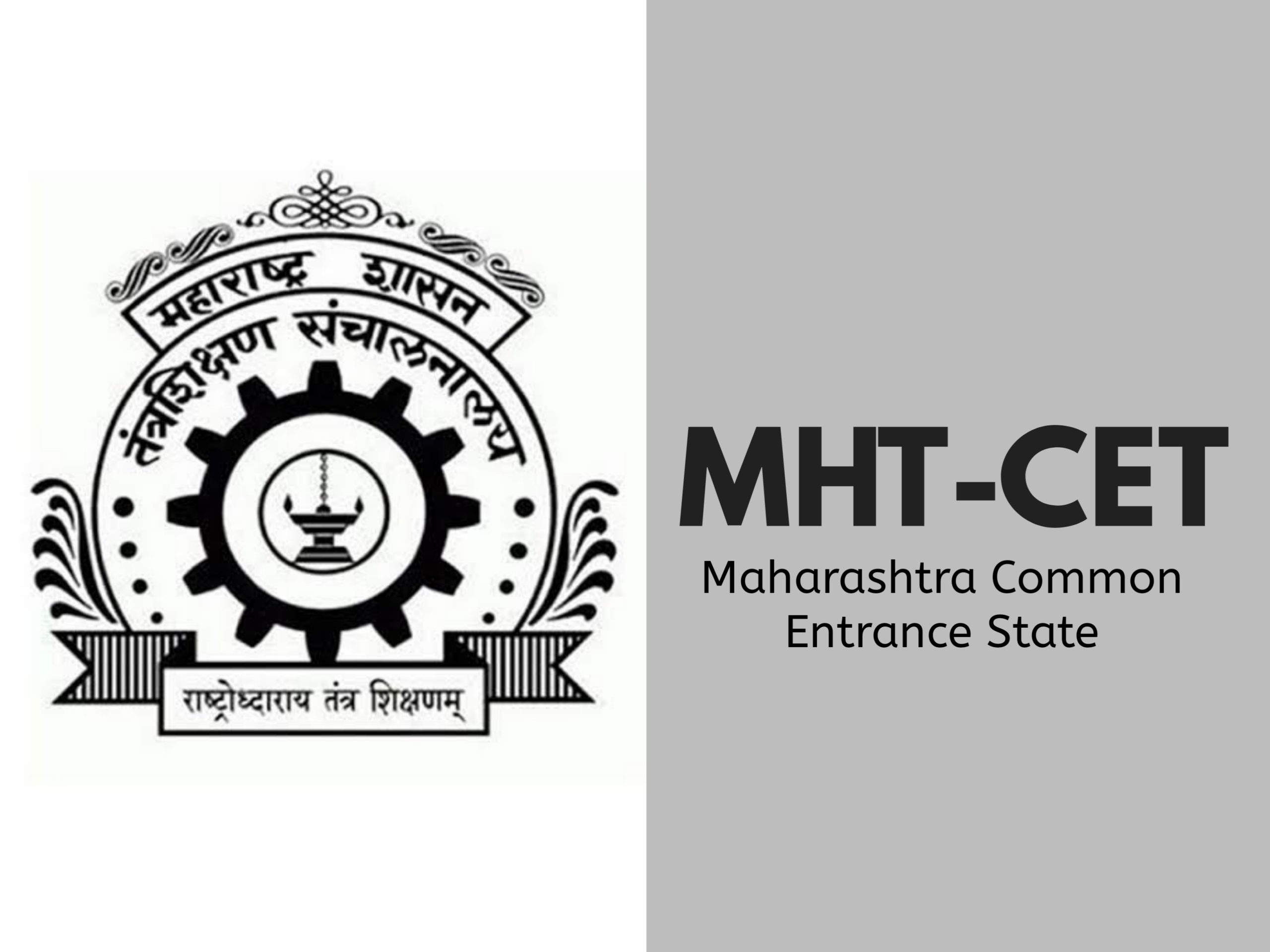India, ADB sign $130 million loan agreement to boost horticulture in Himachal Pradesh

The project builds upon a pilot financed by ADB’s project readiness facility which demonstrated the subtropical horticulture production of over 200 hectares and prepared the draft water user association act and the draft state horticulture development strategy
New Delhi: In a move to boost agricultural productivity and horticulture agribusinesses, the central government and the Asian Development Bank (ADB) on 8 June signed a loan agreement worth $130 million, the finance ministry said in a statement on Monday.
The deal aims to increase farmers‘ income and improve access to irrigation in Himachal Pradesh.
The signing ceremony for the Himachal Pradesh Subtropical Horticulture, Irrigation, and Value Addition Project was attended by Rajat Kumar Mishra, Additional Secretary of the Department of Economic Affairs, Ministry of Finance, representing the Government of India, and Takeo Konishi, Country Director of ADB’s India Resident Mission.
After signing the loan agreement, Rajat Kumar Mishra, additional secretary at the Department of Economic Affairs, Ministry of Finance, underscored the importance of developing subtropical horticulture in the southern regions of Himachal Pradesh, which have traditionally relied on temperate horticulture in the north.
He said that the venture will open up opportunities for crop diversification, climate adaptation, and socio-economic development across rural areas of the state. Furthermore, supporting horticulture value chains will play a pivotal role in advancing the nation’s development agenda and ensuring food security.
“The project builds upon a pilot financed by ADB’s project readiness facility which demonstrated the subtropical horticulture production over 200 hectares and prepared the draft water user association (WUA) act and the draft state horticulture development strategy,” said Takeo Konishi, Country Director of ADB’s India Resident Mission.
According to the ministry, the project interventions will help increase the income and resilience to the effects of climate change of at least 15,000 farm households across seven districts in the state – Bilaspur, Hamirpur, Kangra, Mandi, Sirmour, Solan, and Una.
These households have stopped farming or have reduced their farming areas because of a lack of irrigation facilities and crop damage by wild and stray animals, it added.
“The project will improve on-farm irrigation and water management in about 6,000 hectares of farmland by rehabilitating or building new irrigation schemes and strengthening the capacity of WUAs for micro irrigation management through joint efforts from the state’s Jal Shakti Vibhag (Water Resources Department) and Department of Horticulture (DOH),” the ministry said.
Additionally, the project aims to establish an ecosystem that enables farmers to access subtropical horticulture markets seamlessly. To facilitate this, farmers will be organized into cluster-wide community horticulture production and marketing associations (CHPMAs), as well as district-wide CHPMA cooperative societies. Overseeing these efforts will be a farmer-producer company (FPC), acting as the apex institution for state-wide agribusiness development.
The FPC will handle business plan development; agribusiness promotion; and designing value-addition facilities such as sorting and packaging facilities, and storage and collection centers. It will also assist CHPMAs in managing these facilities.
Furthermore, the project will modernize both public and private subtropical horticulture nursery facilities to ensure healthier plants. It will also enhance beneficiary farmers’ access to information and communication technologies, as well as other digital agri-technology systems. These measures will enable real-time farm advisories and improve the management of CHPMAs.




